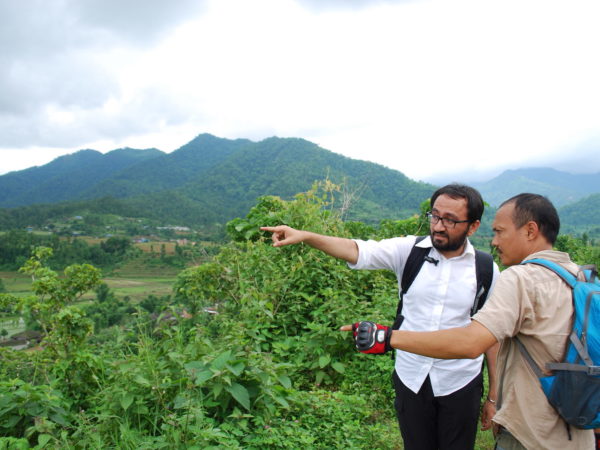2015 Ensuring Safeguards Apply to All Bank Activities
In February 2015, our Haiti casework uncovered a loophole in the World Bank’s policy that gives the bank discretion to avoid applying its social and environmental standards based on its own funding decisions. How big of a problem is this loophole? According to our research, the loophole applied to 60 percent of all technical assistance provided by the World Bank in 2012, and that number appears to be growing.
The Problem
The problem arises from the World Bank’s use of a certain type of funding instrument, called a bank-executed trust fund (BETF). The bank uses these BETFs for a variety of purposes, from providing countries with advice and knowledge-building services to technical assistance for initial project studies or assisting countries to draft critical domestic regulations.
For reasons related to the technical procedures applied to this type of funding instrument, none of the bank’s social and environmental safeguards policies apply to activities funded through a BETF, regardless of the type of activity or its risk of harm. Because the safeguards do not apply, these activities are not reviewable by the bank’s accountability office, the Inspection Panel, leaving no forum for affected communities to raise concerns.
In our case in Haiti, the bank channeled funds through a BETF to assist the government of Haiti to re-write the country’s archaic mining law – part of an effort to develop Haiti’s mining sector. Even though the mining law would determine how all future mining activities are to be carried out in Haiti, bearing potentially sweeping impacts for future mining-affected communities, the World Bank did not apply any social and environmental safeguards to its assistance.
We worked with the Haitian Justice in Mining Collective, mining-affected communities and the NYU Global Justice Clinic to file a complaint to the Inspection Panel asking them to review the Bank’s activities in Haiti, but the panel found that because the project was funded through a BETF, they did not have authority to review the case. We learned through the Inspection Panel’s decision that the World Bank is currently reviewing its policies that apply to BETFs with a view to “clarify” them.
Read more about our Haiti case, which revealed this accountability gap.
Our Response
On 9 March, 2015, we led 92 organizations in submitting a letter (also available in French and Spanish) to the World Bank president, calling on the bank to close all policy loopholes and ensure that its safeguards apply to all Bank activities. We also demanded that the bank consult with civil society during its review of relevant policies.
On 10 April, 2015, we received a response letter from the World Bank. The letter failed to acknowledge that there is any problem with its blanket exclusion of BETF activities from the scope of its social and environmental safeguards, nor did it make any commitment to address this issue through the current policy review.
We are continuing our advocacy on this issue to ensure that strong social and environmental standards apply to all bank activities.

